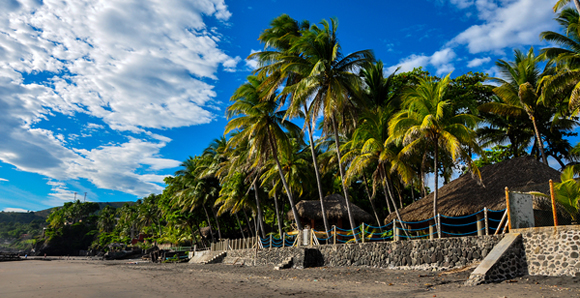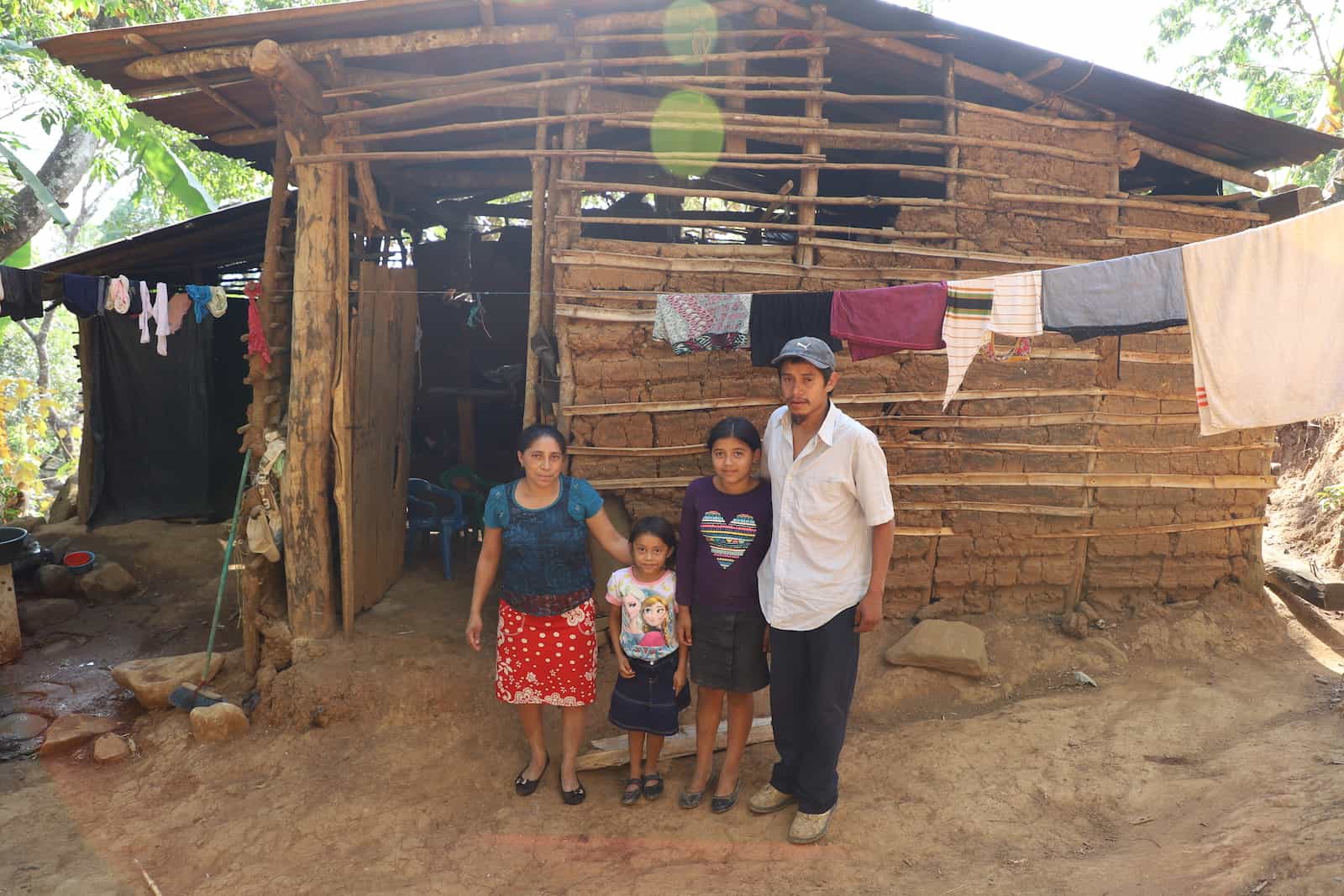Living in El Salvador: Navigating Life's Highs and Lows
A Country of Contrasts
El Salvador offers an intriguing mix of experiences. For those with expatriate status or high incomes, life can be very comfortable. They have access to beautiful surf beaches, volcanic landscapes to explore, and a low cost of living. However, the majority of Salvadorans face deep poverty. Many risk their lives journeying north in search of greater opportunities. While the weather is pleasant year-round, daily life presents immense challenges for those struggling under the poverty line.

Security Concerns Vary Greatly by Location and Lifestyle
Security is also a factor where one lives their life in El Salvador. Wealthier enclaves feel quite insulated and safe. Yet in poorer urban areas and the rural countryside, violence remains a pressing issue. Even for expats, it’s wise to take basic precautions like only visiting well-lit and populated places after dark. While the nationwide murder rate has declined, threats still exist depending on one’s circumstances. Overall security tends to parallel divisions in living standards across Salvadoran society.
Surf, Sunshine and Natural Wonders
Those able to look past challenges find El Salvador offers scenic beauty and outdoor activities in abundance. Perfect weather means year-round surfing on pristine Pacific beaches. Volcanic peaks invite hiking and climbing adventures with sweeping panoramic vistas. Eco-lodges offer ecological tourism options for experiencing El Salvador’s lush tropical rainforests and cloud forests. For the active or nature-oriented foreign resident or traveler, the landscape presents endless possibilities for exploration and recreation.
Educational and Career Prospects Vary Tremendously
Access to a quality education and good job opportunities tells another story of El Salvador’s divisions. Children of affluent families attend top private bilingual schools that rival the best internationally. Yet public education remains underfunded, understaffed, and inadequate for most. Good careers requiring higher education are limited outside major cities. Skilled labor and low-wage service jobs form the backbone of formal sector work. For those without connections or skills training, informal work is often the only option for subsistence. This educational and career disparity underlies the challenge of upward mobility for most Salvadorans.
Community, Culture and Cuisine Bind Despite Hardships
What Salvadorans share, regardless of means, is a rich cultural identity and deep sense of family and community. Historic colonial towns still pulsate with traditions, festivals, handicrafts and folklore. Music, dance, artisanship and local cuisine stir national pride. Typical dishes like pupusas, yucca fries and curtido slaw bring people together across divisions. On weekends, city parks and beaches bustle with families and friends socializing. This vibrant cultural fabric and commitment to community helps the Salvadoran people withstand immense social and economic struggles. It also warmly welcomes respectful visitors wanting to experience “the real El Salvador”.
Prosperity Remains Out of Reach for Most
Ultimately, the widening wealth gap defines modern El Salvador. A small elite class lives lavishly while huge swaths struggle in poverty with limited infrastructure or public services. Economic growth alone hasn’t reduced inequality or generated sufficient jobs. Emigration remains a primary survival strategy for millions. Those with means find a comfortable lifestyle, but for many Salvadorans, prosperity will likely remain a distant dream for generations to come without bold reforms to create a more just and equitable society. Still, hope and resilience endure in local communities despite formidable challenges.
Conclusion: A Nuanced Picture of Possibilities and Perils
Life in El Salvador presents contrasting realities determined greatly by one’s fortune and station. For expats and the wealthy, comfort and adventure coexist. But for most citizens, daily hardship is the norm with little option for change. Understanding this diversity of experiences is key to grasping Salvadoran society in its totality - a place of both opportunity and threat, cultural riches and deep scars. Its future relies on finding solutions to keep communities intact despite hardship, and give hope that prosperity may become attainable for all, not just a privileged few. El Salvador’s story is layered and complex, as with any nation, rewarding those willing to look beneath surface realities. 